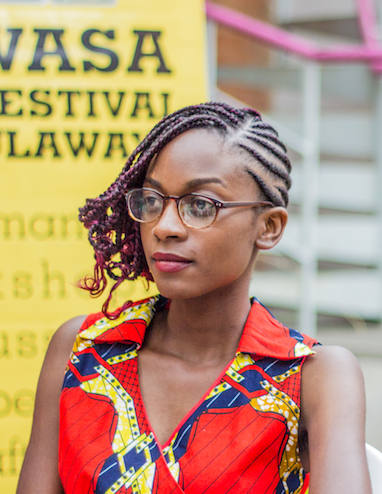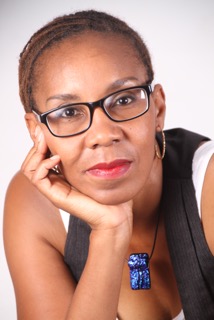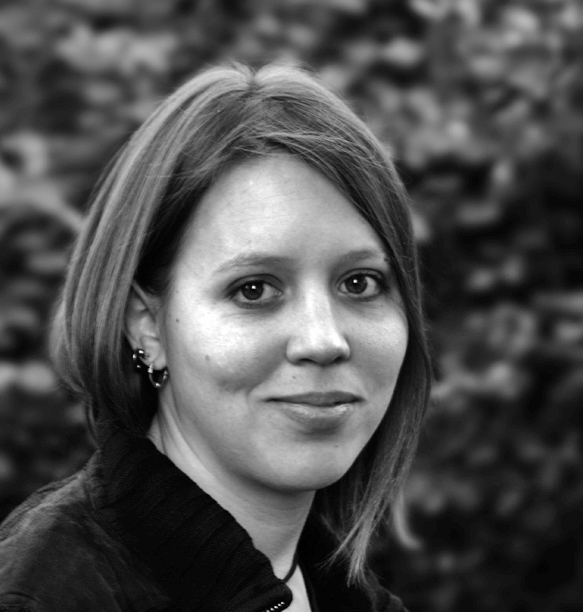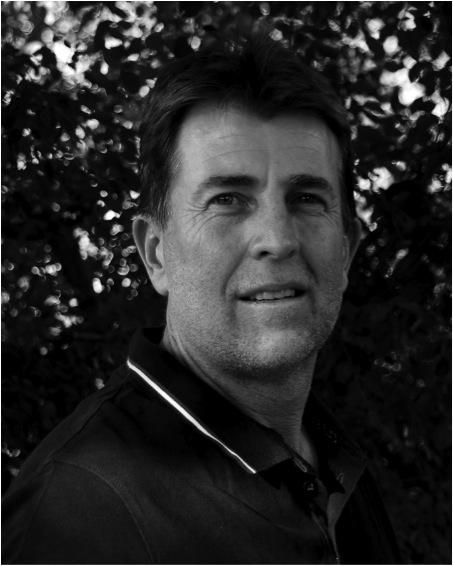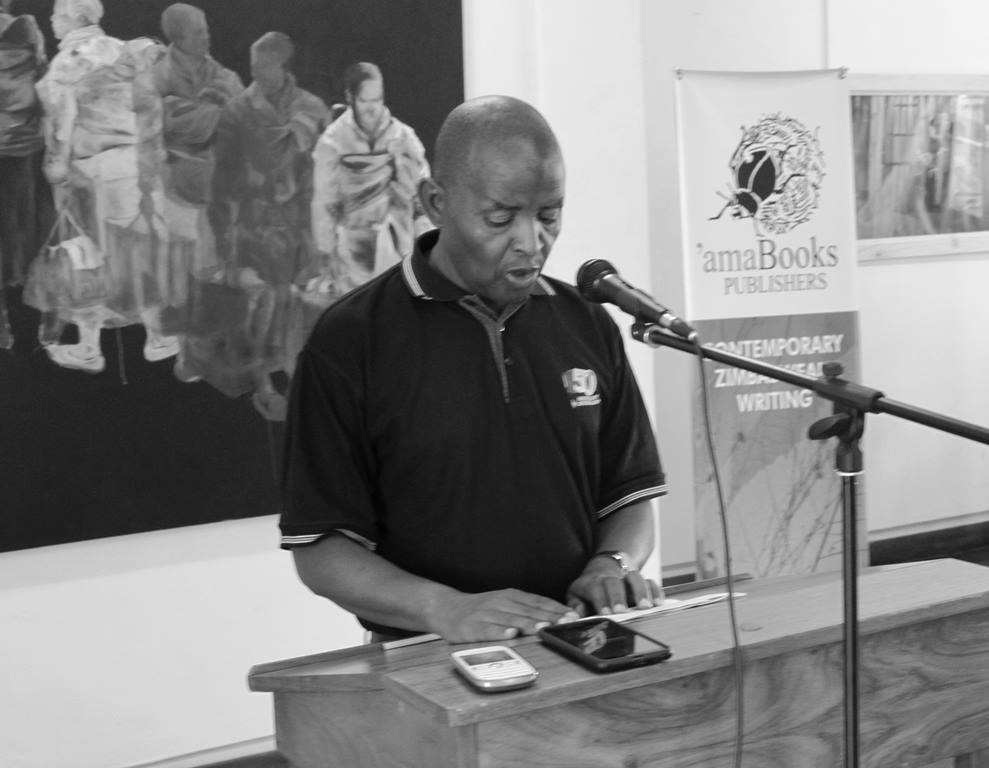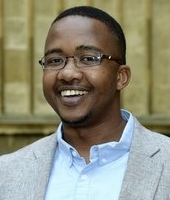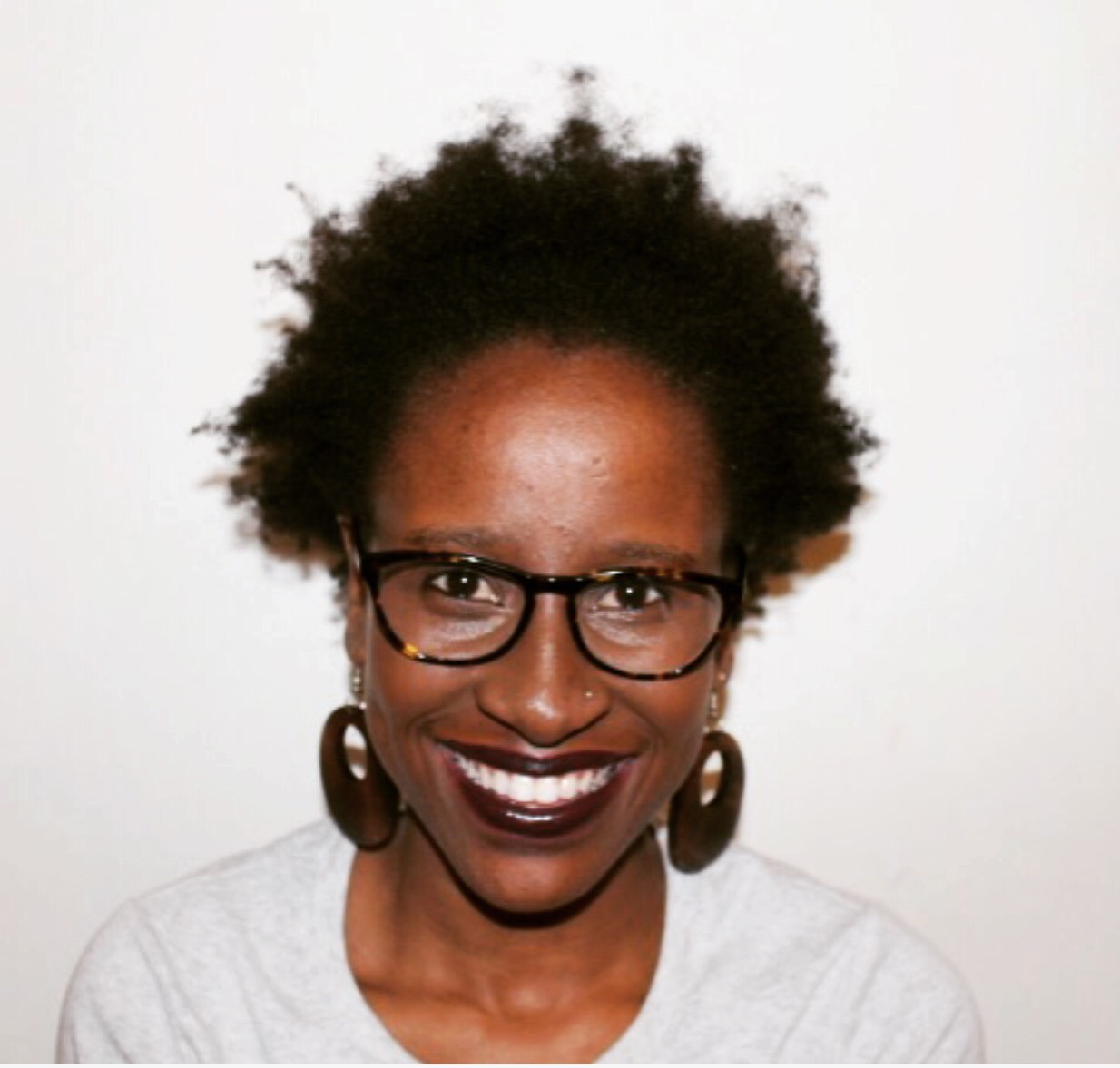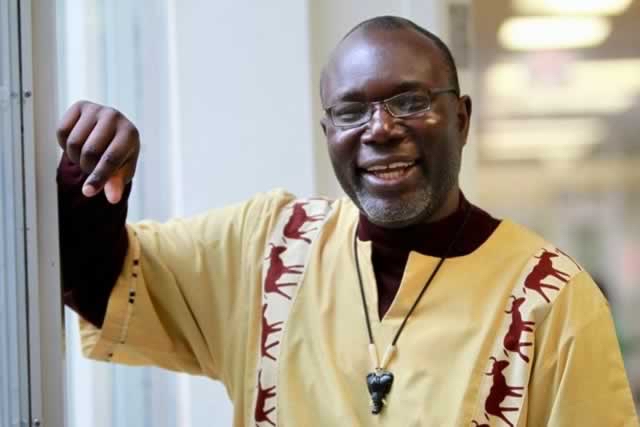from
South Africa’s Mail&Guardian, 5 April 2013
Dismissed
as a 'settler' in the early decades in Zimbabwe’s independence, the
Bulawayo-based writer has started to resonate with young Zimbabweans.
Given the exotic flowers in his oeuvre,
especially in the poems, it is surprising to find John Eppel’s garden in the
crackle-dry suburb of Hillside, Bulawayo, dominated by the indigenous Portulaca
hereroensis. This fast-growing fleshy plant has all but devoured the property’s
steel strand perimeter fence, and seems bent on taking Eppel’s ramshackle (his
word) home too.
 That’s a mild exaggeration. The effect of
the portulaca is more insulation than threat — protection from the outside
world. And one soon learns not to make light of botanical matters in Eppel’s
company. The 65-year-old writer was in his kitchen breaking a chocolate
bar into a bowl when I brought up a controversial new book on white identity in
Zimbabwe by the American anthropologist David Hughes.
That’s a mild exaggeration. The effect of
the portulaca is more insulation than threat — protection from the outside
world. And one soon learns not to make light of botanical matters in Eppel’s
company. The 65-year-old writer was in his kitchen breaking a chocolate
bar into a bowl when I brought up a controversial new book on white identity in
Zimbabwe by the American anthropologist David Hughes.
“Yes, I’ve read it,” Eppel said, then
waved that claim away with, “Well, no, I didn’t get through it, but a friend
sent me the section where he refers to my poetry.”
The reference isn’t a happy one. Hughes
accuses Eppel of fetishising “crocuses, the Matopos hills and so on” to the
exclusion of black Zimbabweans and in doing so folds the Bulawayo-based writer
in with the Bulawayo-based Rhodesians Evelyn Waugh encountered on a visit in
1960. They, wrote Waugh, “come [to the Matopos] to picnic, fish, catch
butterflies and photograph the game”, and seemed to him to be “morbidly
incurious about native customs and beliefs”. It is a charge Eppel dismisses.
“Hughes made those comments particularly
in relation to a poem I wrote called I and the Black Poet, in which my persona
identifies with crocuses but discovers that they don’t grow well in Africa.
It’s clearly self-mockery and Hughes deliberately — he can’t be stupid, can he?
— misreads it, construes its apologetic tone for an assertive one,” says Eppel,
displaying a flair for the counterattack that can only come of much practice.
Scrolling back through the reviews that
his 13 books, making Eppel Zimbabwe’s most prolific author, have attracted, it
becomes clear that Eppel has fought the same battle over and over. Take, for
example, the judgment handed down on his second book of poems, Sonata for
Matabeleland (1995), by the Zimbabwean poet and academic Musaemura Zimunya, in
a review that was tellingly titled “Zimbabwean poet reviews Rhodesian poets”:
“John Eppel’s Sonata for Matabeleland promises a lot in its title ...
Inevitably, though, the vision remains ethnically white — one hesitates to say
‘settler’ for fear of perpetuating the emotive.”
Eppel’s first novel, DGG Berry’s The Great
North Road, also received the kiss of death when an influential Zimbabwean
critic labelled it racist.
“That particular academic’s sense of
satire was so undeveloped,” says Eppel, “that he objected to the fact that I
called my fictional village Umdidi, which means arsehole in Ndebele. So I’m a
racist because I used a rude word? And the big joke, of course, is that the
book is a satire against white people in the first place.”
The acid comments don’t seem to square
with Eppel’s beseeching blue eyes, the bowl-cut silver-grey hair. Eppel is a
full-time English teacher at a private Bulawayo high school and looks the part.
One wonders: Which came first, Eppel’s acerbic attitude, or the rubbishing of
his work? And are these dismissals as unjustified as Eppel believes, and, if
the evidence he brings to his defence is compelling, where should one position
Eppel today?
There is no doubting that Eppel was the
product of a “settler” culture. He is the first to admit it. “When I was very
young, my parents emigrated from South Africa to the Zimbabwean mining town of
Colleen Bawn, an extremely conservative place.”
His lifelong friend Fred Simpson described
in an email how Eppel “loved opera, Jack London, flowers, animals (especially
chickens) and classical music”, but insisted such refined tastes did not make
him an outsider. “On the contrary, his outrageous sense of humour, as well his
considerable talent in sport, ensured that he always had a following,” wrote
Simpson.
The desire to write registered when Eppel
was 12 and bound up with his “feeling uneasy about white privilege” but, given
that his teachers hailed from England, Eppel learned about the form and craft
of poetry from Keats, Hardy, De la Mare and Shakespeare, and how to ridicule
savagely the things he did not like from Dickens, Swift, Chaucer and Pope. Like
many a Euro-African poet suckled on the Western canon, his first poems fixed on
the natural rather than the sociopolitical world and, given the close proximity
of the beautiful Matopos hills, there was plenty to work on.
When Eppel did eventually become
politically conscious — “it happens late or never in a rugby and braai culture”
— the identity crisis that ensued was compounded by his participation in the
Zimbabwe War of Liberation, or Rhodesian Bush War, on the side of the
internationally maligned Rhodesian Security Forces.
“It left me quite preoccupied with guilt
and self-loathing,” Eppel confesses. Great North Road, written while the
country was at war in 1976, is his searing apologia. It is the fragmented
biography/autobiography of a seriously maladjusted white Rhodesian male called
Duiker Berry, whose major life achievement is the invention of an ointment that
freshens farts. The satire is intensely focused on racist white Rhodesian
(“Rhodie”) culture; on men such as “Mr Reg Bench, narrow of hip, brow and
outlook”. The book is not racist — it caricatures racist people. But, given
that its author grew up among the subject group, the humour is frequently
in-house. That could explain why, together with a print run of just 500 copies
published only in South Africa, it failed to make a splash in Zimbabwe.
Eppel’s poems from the same years are less
flagellatory, more a probing for meaning than a damning of what he describes in
Our Last Night in Colleen Bawn as “a time that never quite got started/
and, clearly, will not have the grace to die”. Published under the title Spoils
of War by the tiny and now defunct South African press, Carrefour, Eppel’s
poems impressed several high-profile South African poets and academics, who
lauded the poet for transcending his historical anxiety (Guy Butler), for being
“faithful to the complexities of his rootedness” (Dan Wylie), and for having
“nothing to do with white nostalgia for the colonial period” (Stephen Watson).
The debut collection was awarded the Ingrid Jonker Prize, the debut novel the
M-Net fiction prize — accolades in South Africa that evidently carried little
weight across the border.
In the introduction to Songs My Country
Taught Me, a collection of three decades of his poems, Eppel recalls how
his “love of the sound of poetry before its sense” put him in opposition to
those poets “who consider sound (linked to form) subordinate to sense (linked
to content)”. It was during this time, he writes, that he decided that form and
content should merge, “not as a compromise but as a kind of golden mean”, and
that the form of his poetry would be “thoroughly European”, the content
“thoroughly African”.
To help the merging, Eppel began
increasingly to parody the European forms he had learned to love at school. He
has long maintained that his critics have missed that his use of form “is a
deliberate form of self-mockery, an accusation of the culture that produced
it”.
Through satirical novels, Eppel continued
to channel his outrage at what his favourite author, Dickens, called “humbug”
and, by the late 1980s and early 1990s, there was much in addition to colonial
arrogance to be angry about. The Gukurahundi — the massacre of approximately 20
000 Ndebeles by North Korea-trained Zimbab-wean soldiers — had been exposed by
brave activists, among them Eppel’s ex-wife Shari (maiden name deliberately
withheld), and the new black middle class had proved to be as corrupt and
gluttonous as its colonial antecedent. “We learned quickly that the Davids of
this world are merely Goliaths in waiting,” says Eppel.
In his novels Hatchings, The
Giraffe Man, The Curse of the Ripe Tomato, The Holy Innocents and
Absent: The English Teacher, the newly powerful are often found literally
and figuratively in bed with the colonials, who fade from prominence at a rate
roughly commensurate with the waves of post-independence emigration of
Zimbabwean whites to South Africa, the United Kingdom and elsewhere.
Asked recently by the Zimbabwean academic
Drew Shaw why he is drawn to satire, Eppel answered with questions of his own:
“How else could I write about a chartered company called Rhodesia? And, more
recently, a limited company called Zanu-PF? Where’s the romance? Where’s the
mythology? It’s all to do with money, this unholy alliance of multinationalism
and corrupt governance.”
But, when the new millennium dawned, Eppel
was still roaming Zimbabwe’s literary wilds, co-founding amaBooks in 2000 with
his friends Brian Jones and Jane Morris with a view to publishing two of his
own novels. But Zimbabwe was on the brink of economic collapse, a calamity for
most Zimbabweans, including the whites, though one in which Eppel was able to
perceive a silver lining.
“I have noted — not being a farmer/
or a businessman — noted with relief,” he records in his poem Whites Only: A
Decasyllabic, “the rapid falling away, like cutis/ from an unregenerative
limb, of/ privileges: access to publication,/ scholarships, promotion in the
public/ service, parcels from Mrs Jellyby …”
By 2008, Eppel’s teacher’s salary had been
rendered worthless by inflation. Supported by a friend from overseas, he took a
year off to write and in three months produced Absent: The English Teacher, the
story of Bulawayo-based English teacher George J George’s fall from grace,
indentured servitude (under the mistress of the minister of child welfare,
sweets and biscuits) and eventual death. Mr George is very similar to the
principal characters in Eppel’s other novels, whom Eppel describes as “obsolete
white male losers, trapped in the dialectic of Europe and Africa”. But, unlike
the previous novels, Absent was a hit, both outside Zimbabwe and at
home, where it attracted glowing reviews from senior academics such as Kizito
Muchemwa and Robert Muponde.
Perhaps most satisfying was the response
of younger Zimbabwean writers. The poet Tinashe Mushakavanhu, for example,
explained in an email that “John Eppel’s virulent antiestablishmentarianism
resonates with a lot of young people, especially his cynicism, his
disillusionment with authority and the prevailing system. He dares to speak on
issues other writers (both black and white) gossip about in get-togethers but
never really engage with in their fiction.”
Eppel wasted no time in recycling these
sentiments. “The ‘born frees’,” he proclaimed in an ill-tempered 2010 essay,
Writing in Times of Crisis, “don’t seem to have a problem with my
sociopolitical liabilities.”
But what had changed? Was it Eppel’s
writing, or had the hardships stemming from the so-called “Zimbabwean crisis”
fomented a taste for Eppel’s acid satire?
A bit of both, it seems. Ten years before,
the inversion of colonial roles at the heart of Absent (Eppel’s white
teacher becomes a “houseboy”) would have been an absurd and possibly
unacceptable joke but by 2009 Muchemwa could write that “if there is a whiff of
improbability [to Absent], it must be remembered that … the so-called
real world has recently been shaped by what most people would understand as the
incredible and unimaginable”.
The dilution of white privilege was so
advanced by this time it had almost made them credible objects of sympathy.
Additionally, the targets of Eppel’s satire — Zimbabwe’s rapacious ruling elite
— had become such living grotesques that Eppel’s caricatures could not have
failed to resonate widely.
And where Eppel’s previous novels were
unremittingly dirty (“scurrilous” is the word critics have used), Absent:
The English Teacher morphs, near its end, into a tragicomedy — “more
palatable for most readers”, Eppel believes. Eppel also turns Mr George’s
lessons into a clear-eyed meditation on the place of English literature studies
in Africa. It is probably this that prompted Muchemwa when he applauded Absent
for “an openly ethical approach to literature [which] occurs when the writer
takes off the chèvril gloves, a new development that brings him closer to other
African writers of commitment”.
It is, however, as Shaw pointed out in his
introduction to their interview, “impossible … to deter Eppel from speaking his
mind, from courting controversy”, and his period of acceptance may be
temporary, especially because Eppel has begun to question, in interviews and in
unpublished manuscripts, the achievements of Dambudzo Marechera and Yvonne
Vera, respectively the authors of the The House of Hunger (1978) and
Butterfly Burning (2000) and the darlings of post-colonial Zimbabwean
literature. The establishment will not be pleased.
But, then again, the wilds are where Eppel
is happiest, at least in the physical sense, and he remains at his best as a
writer when limning the landscapes around Bulawayo.
There were still some hours of daylight
left when we finished our conversation and, when I asked Eppel how he would use
them, his answer was casually poetic. “You must visit the Matopos, of course.
It is better to go later, and to come back at twilight, because you might see,
if you are lucky, a leopard. It’s the only time I’ve ever seen a leopard. When
the sun has gone down, the crepuscular animals come out.”
I visited the Matopos as suggested
and they are, to use two words that recur again and again in Eppel’s writing
and speech, ineffable, epiphanic.
John Eppel's publications with 'amaBooks include the novels The Curse of the Ripe Tomato, The Holy Innocents and Hatchings, the collections of stories and poems The Caruso of Colleen Bawn and White Man Crawling, the poetry collection Selected Poems 1965-1995, and, his most recent publication, the collection of stories and poems with Julius Chingono, Together.

.jpg)



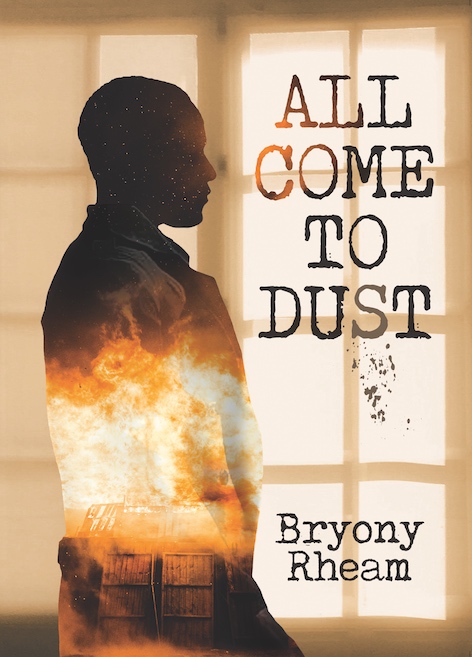
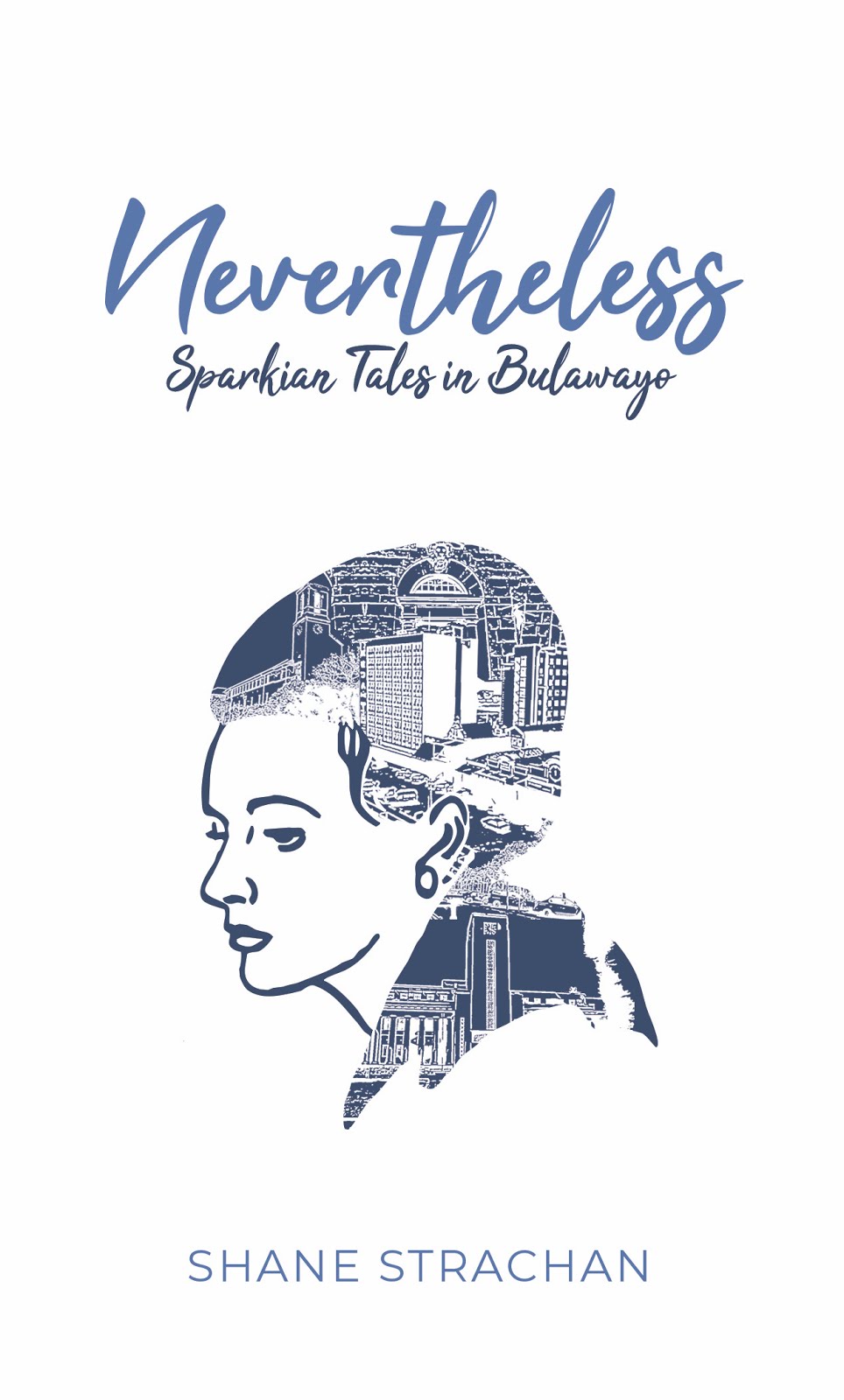





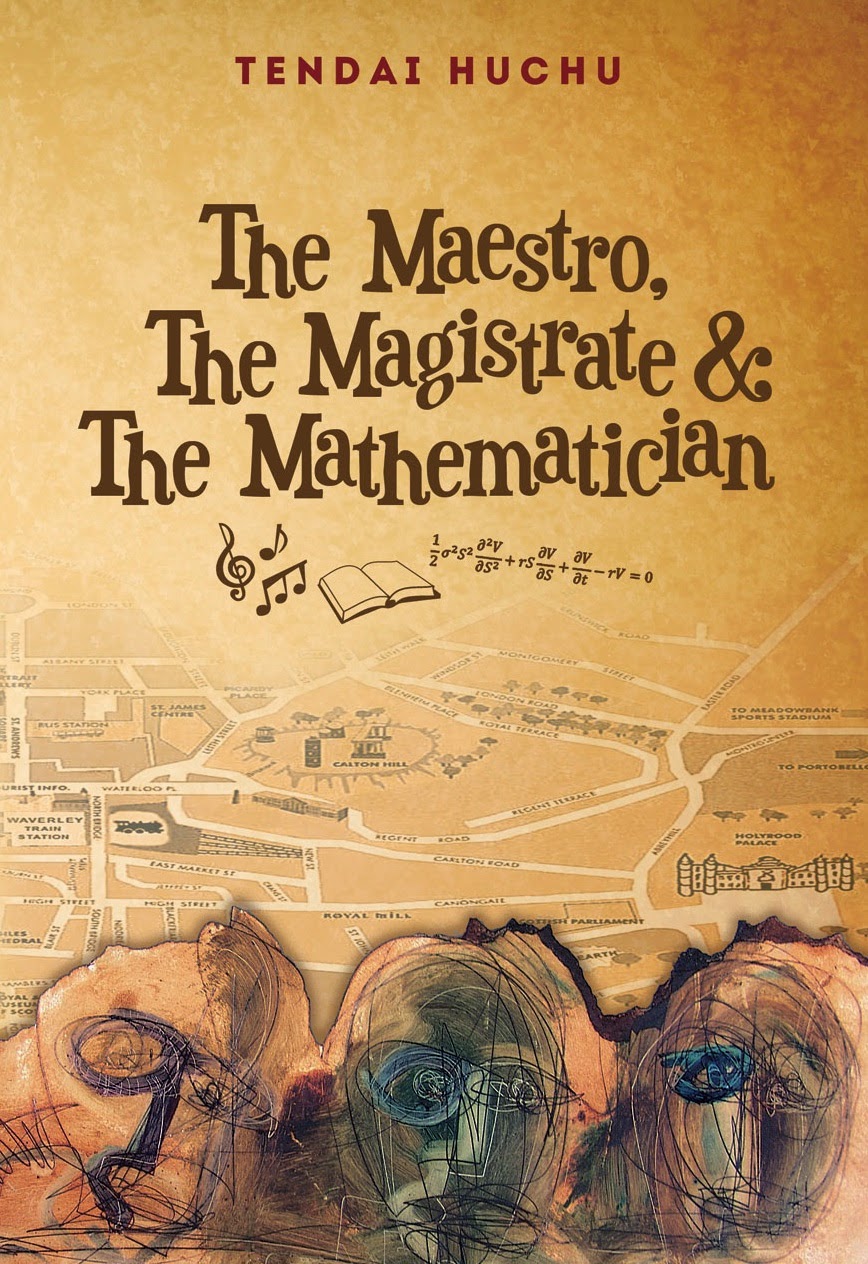
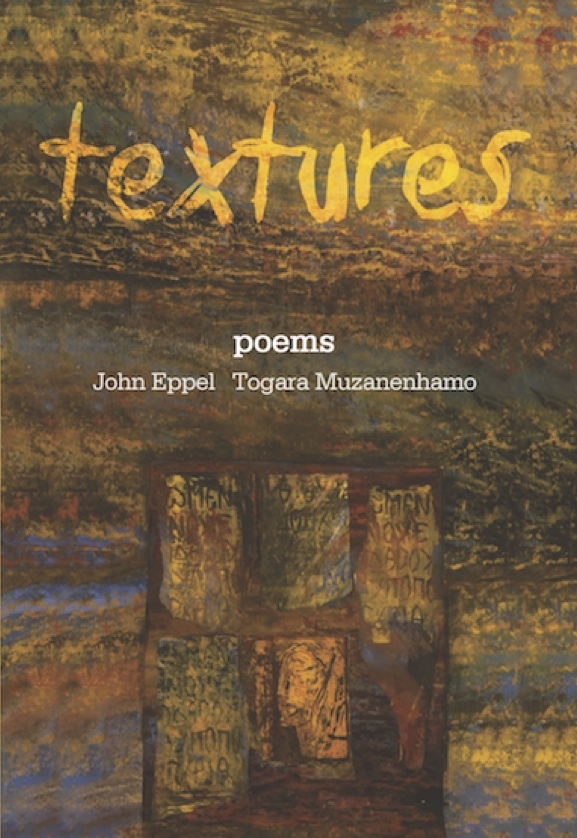
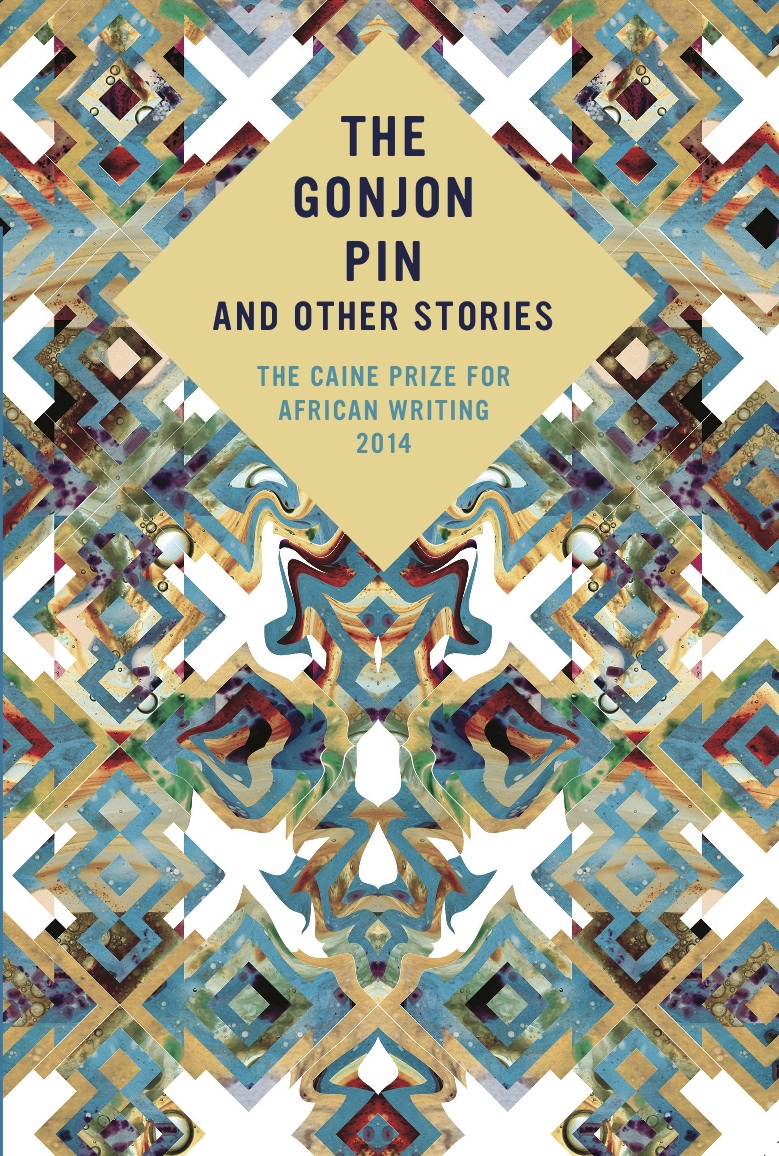
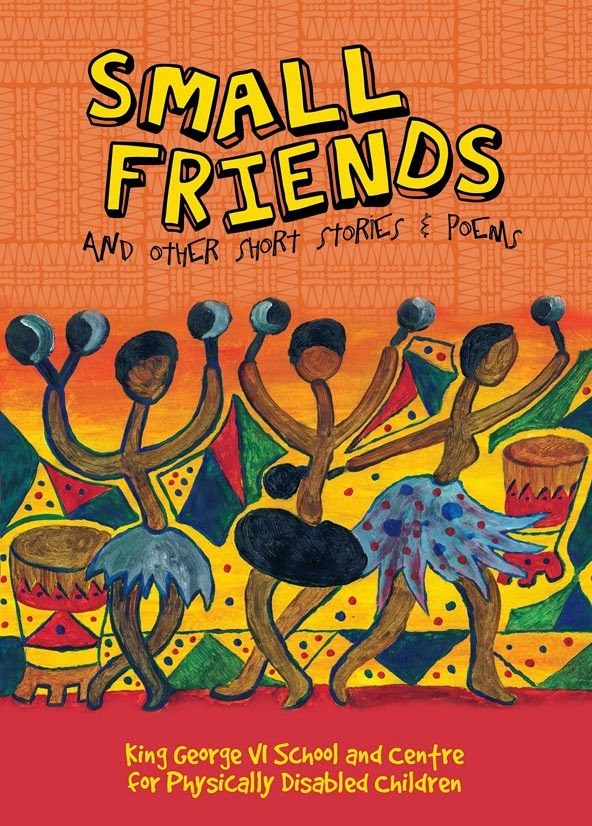
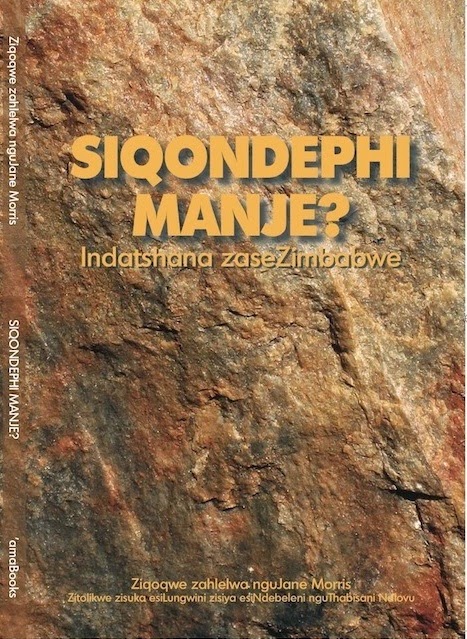
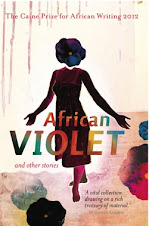

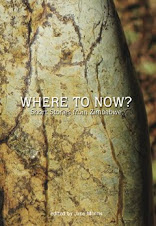
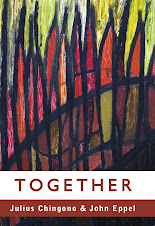
.jpg)

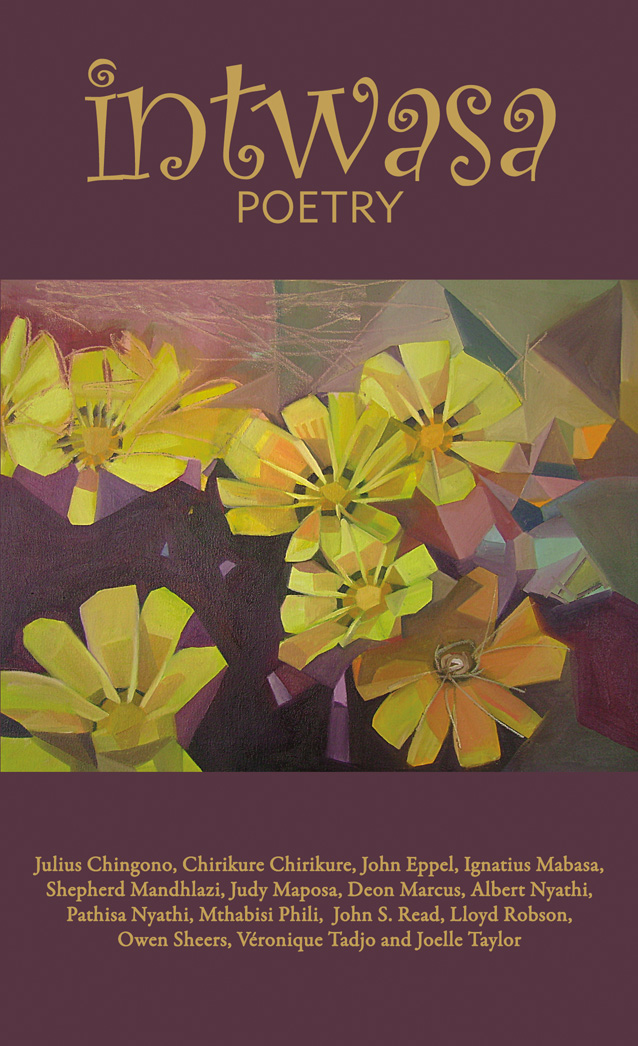


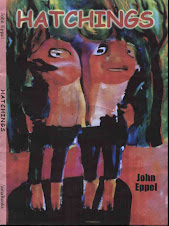













.jpg)

